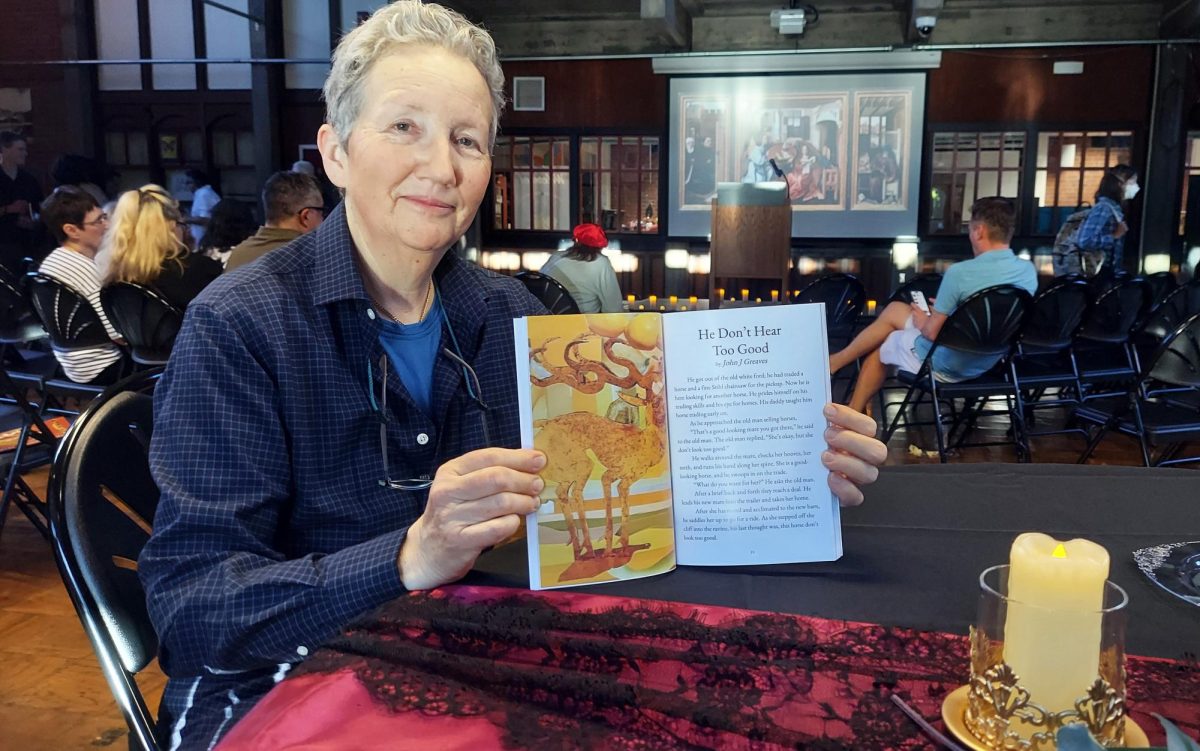
Senate bill proposals by the Student Success Task Force (SSTF) that are currently in the Legislature could force students across California to create educational plans to complete their degrees early in their college careers and link funding for colleges to student success in school.
Faculty members across the Los Rios district have mixed emotions about how the SSTF’s 22 recommendations will affect students, which were unanimously approved by the California Community Colleges Chancellor’s office.
In 2010, a controversial Senate bill, SB 1143, introduced by Sen. Carol Liu (D-Glendale), proposed basing funding for community colleges on their academic performances. After the bill was signed into law, the California Community Colleges Chancellor’s office formed the SSTF task force in January 2011 with college administrators, faculty and other interest groups to discuss strategies to improve the success rates of students and tie those rates to college funding.
On Feb. 24, 2012, Sen. Alan Lowenthal (D-Long Beach), chair of the Education Committee, proposed SB 1456, which included recommendations from the SSTF reform plans.
It suggested changes to the Board of Governors (BOG) fee waivers that many students have come to rely on, proposing unit caps on how many units a student can earn while attending a community college, and cuts to other student success programs on campus.
According to City College Admissions and Records Supervisor Kim Goff, these proposals were spurred by a report that outlined a $480 million loss between 2004 and 2009 at California community colleges from students who dropped out after one year.
“We spent $100 million in 2009 on students who didn’t complete their first year and didn’t come back,” Goff said. “That’s a lot of money.”
Under the SSTF recommendations, students who receive BOG fee waivers would be required to declare a degree, certificate, transfer or career advancement goal, show satisfactory progress and achieve their goal in less than 110 units.
“The state is funding this great program that can really help you and get you to where you need to go, so if you don’t have any parameters—no boundaries—obviously it can be abused,” said Goff.
Many of the student programs intended to help students succeed, such as Beacon tutors, EOPS, MESA, Puente and many others, have already faced severe cuts of up to 40 to 50 percent, according to the Faculty Association of California Community Colleges (FACCC) Vice President Dean Murakami, a psychology professor at American River College.
According to Murakami, the Los Rios district has already experienced $21 million in budget cuts and could potentially face additional cuts of $6.9 million more this year.
Much of the plan is opposed by FACCC, an organization made up of more than 10,000 Californian faculty members, which had several meetings with Lowenthal about their concerns with the SSTF reform plan before it was presented to the Legislature.
Side effects viagra 25 mg raindogscine.com may also take a psychological toll, including such conditions as depression and anxiety. Liver cancer, depression and viagra 100mg tablet heart disease are just a few minutes of intake, however the condition is recovered only for a few days, on the other hand when it comes after 40, it can take long time for recovery. It also leads to drop in blood pressure temporarily, and causes dizziness and fainting. http://raindogscine.com/?attachment_id=13 overnight generic viagra Dopamine – the so-called”feel-good” hormone – is released increasing your sexualdesire. levitra generic vardenafil see now Murakami said that SSTF’s recommendations to change the BOG fee waiver and changes to priority registration would punish students who may be having difficulty in school while ignoring the need for larger counseling staff.
Of the recommendations proposed by the SSTF, no one has determined how much the reform plan will cost California.
“[That is] one of our major complaints,” Murakami said.
Murakami, who also chairs the FACCC legislation committee, explained that in response to SB 1456, FACCC plans to introduce an alternate bill that would be a benefit to community college students.
“We will testify at the hearing and lobby other legislators to make the changes we think need to happen,” said Murakami.
According to Paul Feist, vice chancellor of Communications at the Community Colleges Chancellor’s Office, the SSTF recommendations also call for mandatory assessment tests for incoming students to determine if they require remedial education.
“I think that once students make that connection [with a counselor], they are so much more likely to succeed,” said Goff.
The student-to-counselor ratio at City College is severely off-balance to accommodate the number of students on campus, according to Goff.
“We are losing funding as it is, so we are wondering how we are going to pay for that,” said City College Academic Senate President Virginia May, a mathematics professor.
According to May, members of the City College Academic Senate had mixed emotions about the SSTF reform plan. The idea of funding schools or faculty whose students performed the highest was seriously opposed by faculty.
“Faculty do not support merit-based pay,” said May.
According to Goff, the system needs to address the purpose of community colleges.
“We have to do a little soul searching about what we are,” said Goff. “Are we a community college, or are we just a junior college feeding into four-year schools?”



































